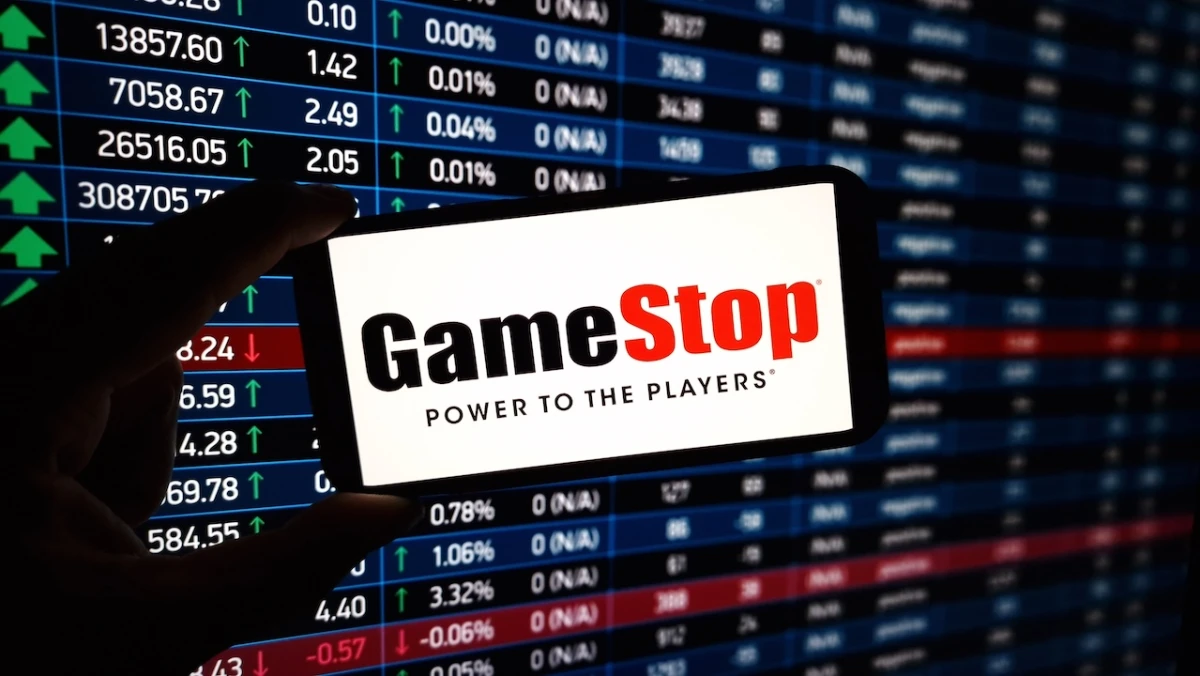Roaring Kitty Shifts GameStop Options to Shares
By Patricia Miller
Jun 14, 2024
Explore Keith Gill's GameStop strategy shift and its implications for investors: insights, risks, and community engagement.

Keith Gill's GameStop Moves Continue
Related Articles:
Explore more on these topics:
Important Notice And Disclaimer
This article does not provide any financial advice and is not a recommendation to deal in any securities or product. Investments may fall in value and an investor may lose some or all of their investment. Past performance is not an indicator of future performance.